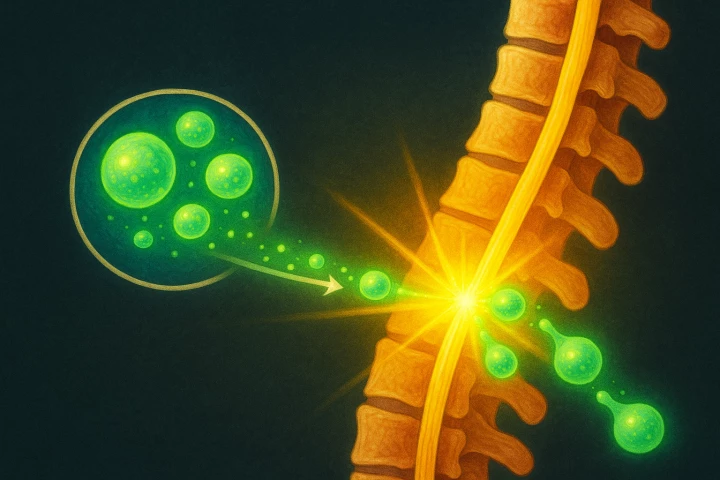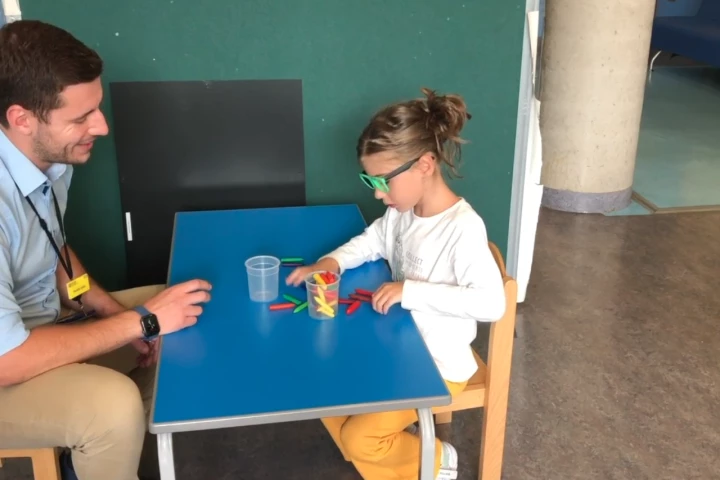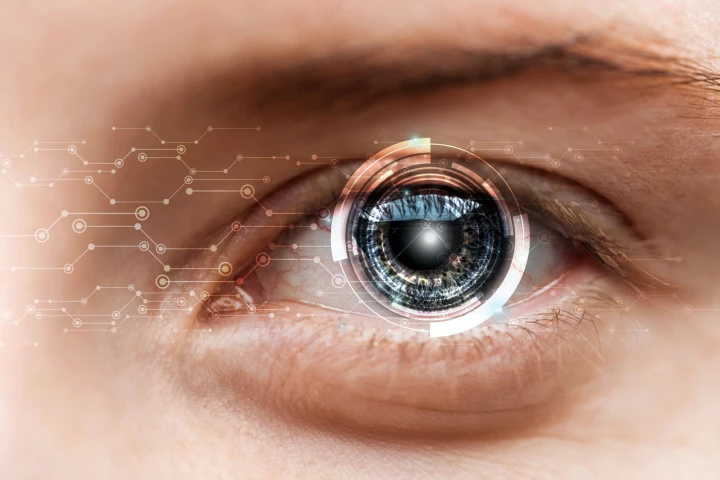gene therapy
-
A new CRISPR-based one-off therapy that lowers "bad" cholesterol is set to enter its Phase I trial. If successful, it could be the first approved genetic-editing method, replacing ongoing medication and slashing the risk of cardiovascular disease.
-
Working out doesn't just build muscle but, in later life, helps maintain a powerful cellular machine that repairs damaged tissue. Scientists have now not only discovered how this system works but found a way to keep it balanced in older muscles.
-
In a world-first trial, scientists used a one-off CRISPR gene edit to switch off a liver “fat brake” gene, slashing stubborn LDL cholesterol and triglycerides in patients whose levels refused to budge on standard treatments.
-
A new gene-editing technique from the University of Texas at Austin uses bacterial retrons to replace entire sections of dangerously mutated DNA with healthy genetic code. It could "reno" multiple mutations simultaneously.
-
A one-time gene therapy using a patient’s own stem cells has effectively cured a deadly immune disorder in 95% of treated children, offering a lasting, donor-free solution to ADA-SCID, known as the “bubble boy” disease.
-
Vitamin C has been found to rejuvenate aging skin by reactivating genes that drive cell growth, restoring thinning or damaged skin. This discovery presents a new way to improve skin's appearance by going deep below the surface of it.
-
A paradigm shift in the way we treat spinal injuries is now in sight, with the world's first regenerative cell therapy approved for a Phase I clinical trial. It's a historical milestone that could reverse what has, until now, been an incurable injury.
-
Scientists in the UK have successfully used gene therapy to restore some vision to legally blind children with an inherited retinal condition. All 11 children in the clinical trial saw improvements within weeks of a single surgical treatment.
-
Working with a line of colon cancer cells, Korean researchers figured out a way to throw a few genetic switches to cause the cells to revert back to a healthy state. The technique could have major implications in the way we approach cancer treatment.
-
A new kind of cancer gene therapy can be remotely activated at a specific part of the body. The team developed a version of CRISPR that responds to ultrasound, and demonstrated how it can be used to clear cancer in mice.
-
An RNA-editing gene therapy has been developed that switches off the key driver of common eye conditions affecting diabetics and the elderly. It could be an effective alternative to regular injections of medication directly into the eye.
-
Researchers have developed a gene therapy technology that uses magnetic fields to control specific brain circuits. In addition to Parkinson’s disease, the tech could be used to treat conditions as diverse as depression, obesity, and chronic pain.
Load More











